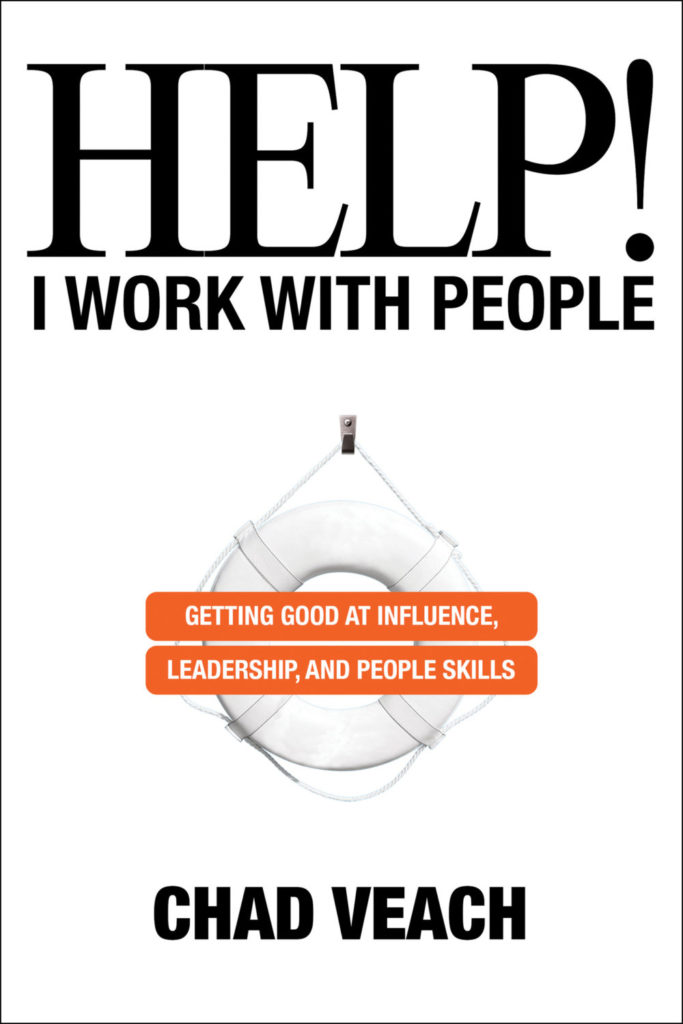“‘Boston strong’ … ‘stand with Vegas’ … why is it so hard to say BLACK LIVES MATTER?”
Strong words from a strong leader. These days, Pastor Chad Veach’s words are not spoken from a pulpit or stage, but rather through Instagram videos and online streaming. Even his TikTok presence is on point.
Chad Veach’s feeds are full of aspirational, inspirational life advice like the words above. No matter your religion, or lack thereof, his voice resonates. Leader of the popular ZOE Church (pronounced ZOH-ay), Veach is unafraid to speak his mind loudly and clearly, using his platform as best he can.
Named for the Greek word meaning “abundant life,” ZOE’s teachings are evangelical in nature and modern in style. With Chad Veach and his wife, powerhouse Julia Veach, at the pastoral helm, ZOE Church is L.A.’s fastest-growing young adult church. Their sermons boast an impressive celeb following, with the likes of Chris Pratt, Kourtney Kardashian, and the Biebers looking to them for spiritual guidance.
What makes Chad stand out is not the meteoric rise of his church and influence, but his natural ability to lead. Where does that leadership come from? Is it taught or innate? In this week’s episode of the L.A. Weekly podcast, Chad opens up with host Brian Calle, L.A. Weekly’s publisher, on how to be a leader in times of uncertainty.
“It does start with us listening,” the pastor explains. “I feel like there’s three L’s I’ve been trying to emphasize: listen, learn and lead.”
“Let’s listen,” he expands. “Let’s listen to those who have gone through this, who are experiencing pain. Let’s listen to people that have experienced racism, and then let’s learn. Let’s learn who is doing a good job and which organizations we should be partnering with. Then we think about ‘how do we lead?’ How do we lead the conversation, how do we lead our homes, how do we lead ourselves to a place of honest inspection and then above that, resolve any issues we may have with any other color.”
We have to first start with changing ourselves if we want to have meaningful influence.
“It always comes back to the ‘me’. That is the first lesson of leadership,” Chad tells Brian. “Change starts first in our heart. From there you can look for practical steps on ‘what can I do to perpetuate healing and change?’”
When he predominantly worked with youth, Chad learned some vital lessons on how to keep an audience and lead with meaning.
“Because of their short attention span I had to work really hard,” he laughs. Using anecdotes, videos and current social media trends, he was able to capture the attention of more than just kids.
“One of my favorite things about Jesus is that the Bible says he never spoke without telling a story,” explains Chad. “So I always think that as a communicator, if stories were good enough for Jesus, then stories are good enough for me.”

Telling stories is something that comes naturally to the pastor, a skill he has lended to his new book on leadership, Help, I Work With People, available for preorder now before its August 18th release.
“The book really deals in three major sections in life and leadership,” describes Chad. “Everything always starts with you. Even the problem with racism. We can’t change out there until we change in here [your heart].”
The book addresses internal change as the catalyst of external influence. Chad promotes unique practices, like scheduling in time to be unproductive in order to challenge ingrained self-efficacy beliefs and counter negative spirals. Something a lot of us likely need right now, after an isolating few months of doubt and uncertainty.
We are all leaders. Whether we lead ourselves, our family, a team, a church, or a business, leadership is a central aspect of our lives.
It is often said that to be a good leader, one must lead by example. But how do we lead by example, when so many of us are feeling righteous anger and frustration, asks Brian. Given all the pent up anger and frustration deriving from quarantine and unemployment, it’s hard to stay positive and not show your rage.
“To the best of our ability … we have to stay very confident and very secure,” explains Chad. “Security means admitting fault, apologizing, saying I’m sorry, saying I love you and listening.”
“If my heart is cluttered, if my heart is clouded with hatred and bitterness, it’s going to be hard to do anything well,” he continues. “If my heart is well, I am going to be an avenue for change and hope.”
Tune in to this week’s podcast to learn how Brian and Chad are using their platforms for positive, effectual change, as well as how to turn being unproductive into energy, efficiency and activity.
Listen to this week’s podcast here or find it on iTunes here.
Advertising disclosure: We may receive compensation for some of the links in our stories. Thank you for supporting LA Weekly and our advertisers.

